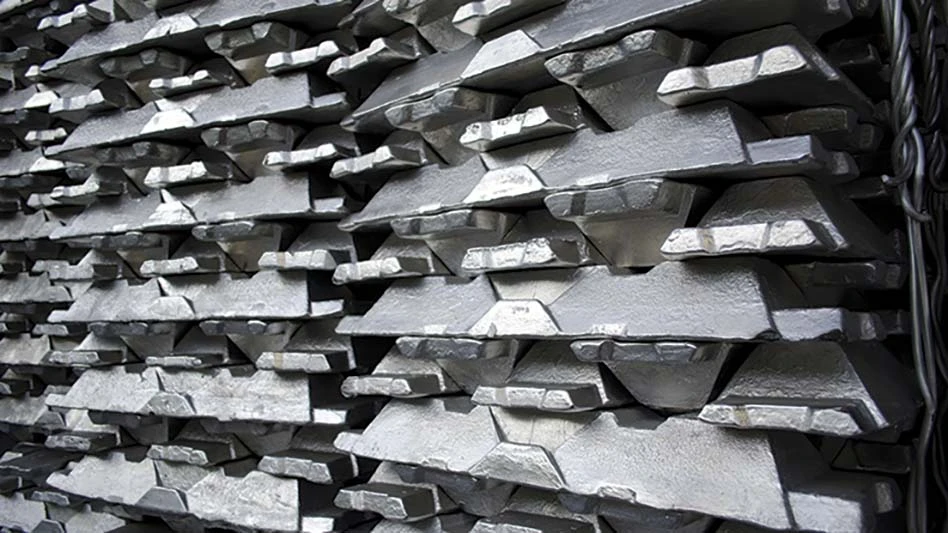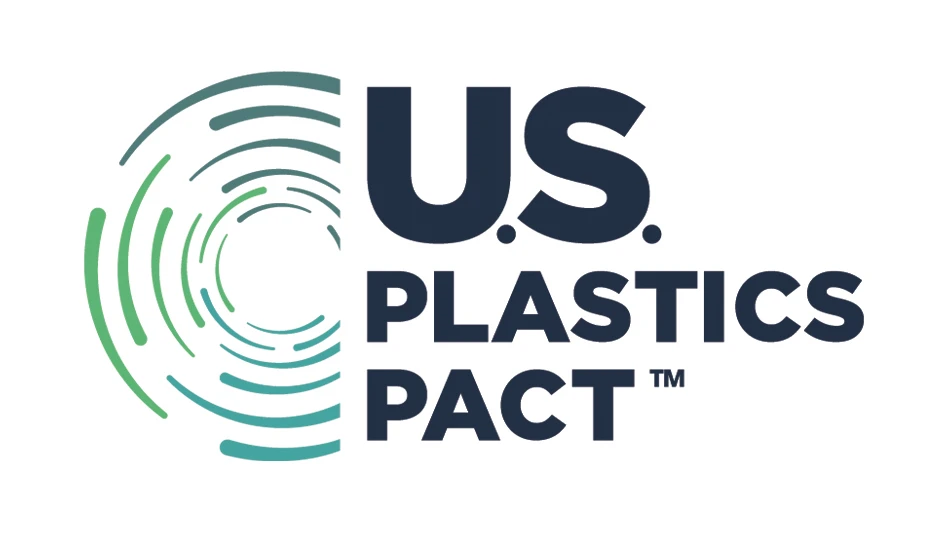The formation of LKQ Corp., Chicago, and the Greenleaf division of Ford Motor Co., Dearborn, Mich., has caused dismantlers to re-examine their own operations while keeping a wary eye on the new coast-to-coast competitors.
The ensuing reactions have been almost as varied as the number of companies engaged in the dismantling and re-sale of salvaged automobiles. One of the most notable, however, has been the co-operative effort forged in Wisconsin by a consortium of companies who have formed QRP (Quality Replacement Parts).
MORE THAN JUST TALK
Like auto dismantlers in other parts of North America, those operating in Wisconsin had a shared concern about the new form of competition represented by Greenleaf and LKQ, which is based just below the state line in Chicago.
In 1998, LKQ established its foothold in the Badger State by purchasing two large and well-respected Wisconsin auto recycling companies. “When that took place, quite a few of the more progressive auto recyclers in the region kind of got together and asked, ‘Where is the industry going?,’” says Bob Hoffmann, marketing manager of QRP, Schofield, Wisc.
Hoffmann notes that some 40 family-owned businesses were represented at a first meeting, more than 20 participated in the second meeting, and “at the third meeting where a co-op was going to be developed, 16 businesses stood up and put a check on the table and said, ‘Let’s do it.’”
According to Hoffmann, who was actually working for one of the companies purchased by LKQ at the time of QRP’s formation, “Those 16 companies stuck together; they paid monthly dues and used voluntary labor to develop a co-op system with a board of directors consisting of a group of five owners.” Legal fees comprised the bulk of the initial expenses, notes Hoffmann.
“Once QRP was formed, one of its biggest reasons for forming was to develop trading partner alliances,” Hoffmann continues. “In order to be more profitable and sell more parts, they knew they needed to do more marketing.”
In the auto recycling business, marketing means constantly putting one’s service and inventory offerings in front of insurance company claims adjusters and body shop owners: the people who buy reusable auto parts.
QRP has focused much of its marketing attention on the insurance industry. Communicating with large insurance companies is not only a full-time task (something dismantler owner-operators cannot devote all of their time to), but can also require the right person.
According to Hoffmann, QRP’s partners “wanted someone to work on marketing and run QRP full time. They hired Roger Ross, who was a 26-year American Family Insurance veteran. His claims office was always ranked highest in recycled parts usage, so he knew the benefits and how to apply them.”
Hoffmann was working for a competing company at that time, but says he was intrigued with how QRP was coming together. “I was watching what was going on and kept saying to myself, ‘Those guys have a better idea.’ I called them to see if they wanted to expand and hire a second employee.” Hoffmann started with QRP in November of 2000, concentrating on both marketing and the recruitment of new member companies.
A SYSTEM THAT WORKS
QRP has grown in Wisconsin and into adjacent states Minnesota and Illinois. Although one charter member sold to the Ford Greenleaf division, six other owners have joined up, creating a co-op of 21 companies.
Equally impressive has been the adoption of the QRP concept in entirely different regions of the country. “The expansion took an unexpected turn when we started getting interest in other parts of the country, says Hoffmann. “We have a group called QRP southern New England with 13 companies, and a group of 30 business owners in Texas and its bordering states. They’re up and functioning. A number of other ones are in various stages of talking about forming a group.”
Member company owners have expressed support of the concept that allows them to retain ownership of their businesses while enjoying some of the benefits of being part of a larger organization.
“Our marketing presence is definitely increased,” says Bill Morrison, vice president of Morrison’s Auto Inc. in Edgerton, Wisc. “You struggle with that when you’re an independent. With QRP you can do some marketing and get into places where you couldn’t get in. When insurance companies want to talk about buying parts, they want volume. We used to handle 800 cars a year, now we have access to 7,000 or 8,000.”
Since joining QRP, Morrison’s business has expanded along with the network. “We’ve gone from 800 cars dismantled annually ourselves to over 2,000. Now we have avenues to market those parts.
“Going in, nobody really knew if this was going to be viable,” Morrison remarks. “We thought this would be a good avenue to try. Now in our third year it’s clear-cut. It’s definitely the way in the future for independents to remain independent.”
Hoffmann explains the QRP system this way:
“A claims adjuster can call one toll-free number, even in the field from his or her cell phone, and relay the parts needed to an operator who takes the exact information and converts it to an e-mail that goes out to all our members. Those members will reply to the adjuster, typically by calling his or her cell phone, while the adjuster is still on site examining the vehicle. By the time the claim estimate is being drawn up, several phone calls with quotes from our members have been received. So our members are competing with each other within the co-op arrangement. They all price their own parts and they’re still trying to sell their own parts before their partners do. Insurance companies are getting the benefits of competitive pricing while getting better service.”
Regarding the potentially touchy subject of staying within anti-trust rules, Morrison says, “We spent a lot of time on that, let me tell you. We spent some money and talked to some extremely good lawyers. We don’t discuss pricing among each other. We all have market areas with different demands and prices.”
Morrison sees the QRP arrangement as one that is good for the recycled auto parts industry. “We’re taking better care of our customers; it’s good for the overall industry. Everyone’s sales have increased, and the customers are winning because we’re meeting their quality expectations. They’re getting the best part faster and at a better price.”
The limits of growth may be self-imposed. QRP members must meet certain quality standards established by the Automotive Recycling Association (ARA), Fairfax, Va., as well as gaining voting approval from current members.
NOT GIVING GROUND
QRP’s growth in the past two years is noteworthy, but it has not prevented independent operators or the industry’s consolidators to throw in the towel.
LKQ Corp. now has 50 locations, including dismantling sites, distribution centers and sales offices, says Laurie Garcia, director of sales and marketing.
Sponsored Content
Redefining Wire Processing Standards
In nonferrous wire and cable processing, SWEED balances proven performance with ongoing innovation. From standard systems to tailored solutions, we focus on efficient recovery and practical design. By continually refining our equipment and introducing new technology, we quietly shape the industry—one advancement at a time.
Although the company has not made any recent acquisitions, Garcia says the company is solidifying its markets. “We’ve expanded our delivery capabilities and routes. As we see a market we’re not in, we haven’t made any new acquisitions, but we’ve extended our reach through opening a distribution center.”
She notes that the company still benefits from the involvement of many of the former company owners, and from the continued growing acceptance of the used OEM parts harvested and marketed by LKQ.
Ford’s Greenleaf division now has 31 full-service locations, according to global business operations director David Tillapaugh. He says Greenleaf has not made anyrecent acquisitions, but growth is still on the agenda. “I can tell you that most of our operating sites are in the eastern half of the country, but we’re planning to do some things that may allow us to have more flexibility geographically.”
Tillapaugh says Greenleaf is looking to grow by creating brand awareness and marketing to larger blocs of customers, with Greenleaf marketing especially hard to collision repair shop owners.
With the multi-national Ford Motor Company’s backing, Greenleaf can also think more globally. The company has operations not only in the U.S. and Canada, but also in the United Kingdom and Germany.
Greenleaf’s operations may dovetail nicely with end-of-life (EOL) vehicle initiatives in other countries. “End-of-life treatment is a global issue,” says Tillapaugh. “Certainly it exists in Europe, and is on the horizon in Australia.”
While the growth of the co-ops and consolidators is impressive, the U.S. auto dismantling industry remains a place where sole proprietors can compete and thrive independently.
End-of-life vehicle regulations, however, are spurring the automotive, dismantling and recycling industries to work together to meet strict guidelines and maintain thorough records. Whether such systems will elbow out smaller operators remains a question looming over the industry in the near future.
The author is editor of Recycling Today and can be contacted via e-mail at btaylor@RecyclingToday.com .
Get curated news on YOUR industry.
Enter your email to receive our newsletters.

Explore the September 2001 Issue
Check out more from this issue and find your next story to read.
Latest from Recycling Today
- British Steel mill subject of UK government intervention
- NRC seeks speakers for October event
- LME identifies Hong Kong warehouses
- Greenville, Mississippi, launches aluminum can recycling program
- Cotton Lives On kicks off 2025 recycling activities
- Georgia-Pacific names president of corrugated business
- Sev.en Global Investments completes acquisitions of Celsa Steel UK, Celsa Nordic
- Wisconsin Aluminum Foundry is a finalist for US manufacturing leadership award








